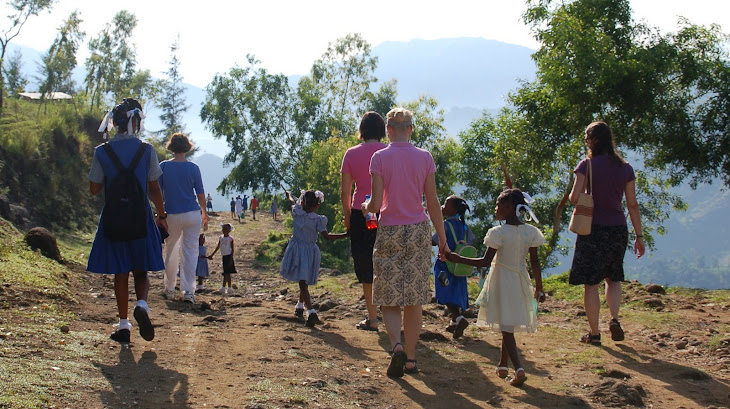Darlene Etienne, a 16-year-old Haitian, was found alive Wednesday after 15 days of being buried under the rubble of her school in Port-au-Prince. Her entire community cheered as her weak body was pulled from the wreckage and whisked away for medical care.
One of her rescuers called it a miracle.
While Darlene’s amazing and courageous rescue brings tears to my eyes, I’ve always struggled with the word “miracle.” It’s a term we throw out liberally to describe any event we can’t explain, secular or sacred. People of faith often attribute such incredible happenings to God.
The trouble with that, I find, is that it creates an image of God as a divine Magic Eight Ball. If properly shaken, God bestows miracles on some while others discover “outlook not so good.” In this case, Darlene and the 130 other Haitians who’ve been found alive in the rubble received a miracle. But we estimate there were 200,000 other Haitians who did not survive. Was it simply not their turn for God’s favor?
We need to dig more deeply to find a new understanding of "miracle," especially as it relates to Darlene's story. I believe the greatest miracle of all is the reassurance of presence -- the presence of God and the presence of others -- in spite of all the odds. In this case, French rescuers left their country and put their lives on the line to search for her. Her community never gave up. Her mother and brother never stopped praying, always believing she was alive. Her mother trusted God was with them the entire time.
Perhaps the true miracle here is God's faithful promise to be with us, so that even if the rescuers had come up empty-handed, everyone still would’ve known that Darlene was in God’s hands.
Perhaps the true miracle here is God's faithful promise to be with us, so that even if the rescuers had come up empty-handed, everyone still would’ve known that Darlene was in God’s hands.














